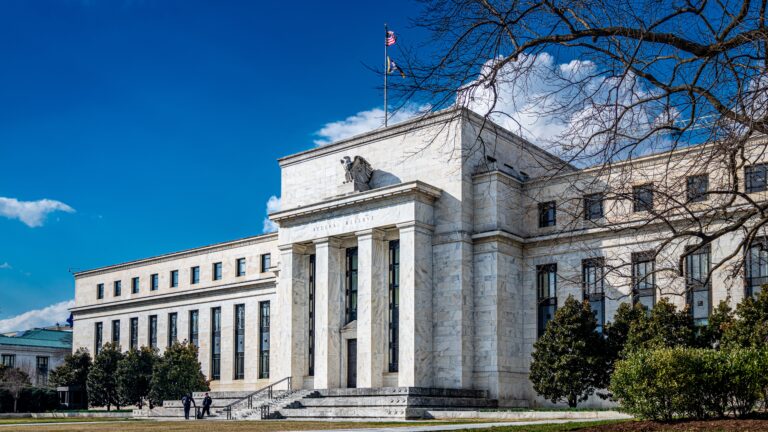
Decoding the New Regulatory Blueprint
Introduction
As far as financial weather conditions go, the past few months represented very unusual patterns for financial regulators, who broke the usual summer doldrums with a number of regulatory gales. While the new regulations will likely have a profound and lasting impact on our financial lives, most of us are simply overwhelmed by the sheer volume of new information to digest. Instead of getting bogged down by the details of the new rules, we thought it might be helpful to highlight the likely impact of the new regulatory environment on the average corporate treasurer in the short-duration investment space.
To get a sense of what a busy year 2010 has been for financial regulators, we should start with January 27, when the Securities and Exchange Commission (SEC) adopted the long anticipated amendments to Rule 2a-7 governing money market funds. On July 15, Congress passed the sweeping and controversial Dodd Frank Wall Street Reform and Consumer Protection Act (Dodd-Frank), a 2,300-page mammoth of legislation aimed at improving financial stability in the U.S. On September 12, the Basel Committee on Banking Supervision announced the new global capital standards for the Group of 20 Nations (Basel III). Most recently, on September 27, the Federal Deposit Insurance Corp. (FDIC) followed through on the so-called “skin-in-the-game” provision in the Dodd-Frank Act by requiring banks to hold at least 5% of the asset-backed securities (ABS) they underwrite. For the sake of space and sanity, we must omit other important and influential regulatory changes not directly impacting corporate treasurers.
To keep things simple, we came up with a Top Ten list of how the new regulatory environment may impact corporate treasurers in their cash investment decisions. Given the magnitude and the early-stage nature of Dodd-Frank and Basel III, this is not meant to be an exhaustive list. Some items may need to be revisited as more details emerge.
DOWNLOAD FULL REPORT
Our research is for personal, non-commercial use only. You may not copy, distribute or modify content contained on this Website without prior written authorization from Capital Advisors Group. By viewing this Website and/or downloading its content, you agree to the Terms of Use.
Please click here for disclosure information: Our research is for personal, non-commercial use only. You may not copy, distribute or modify content contained on this Website without prior written authorization from Capital Advisors Group. By viewing this Website and/or downloading its content, you agree to the Terms of Use & Privacy Policy.

